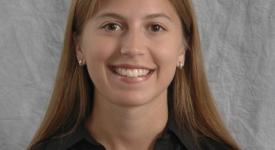Capital Campaign Update: The Next Chapter

12/19/2012 - In less than a month, the fences come down and UT Computer Science will be handed the keys to its new home—The Bill and Melinda Gates Computer Science Complex and Dell Computer Science Hall. [...] philanthropy’s importance has moved well beyond large capital projects like this one; it is now central to everything we do.




